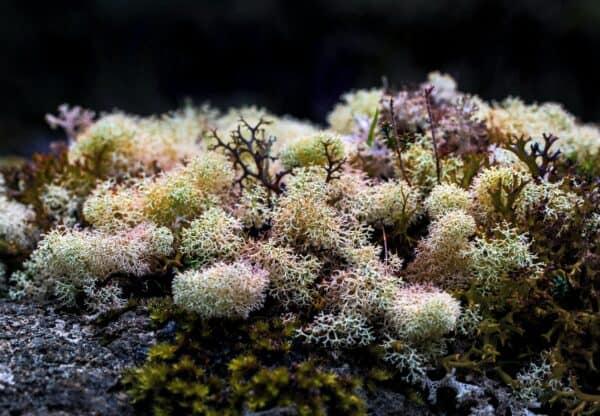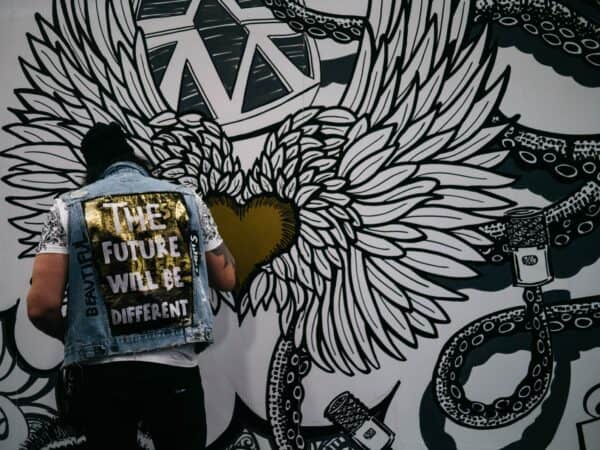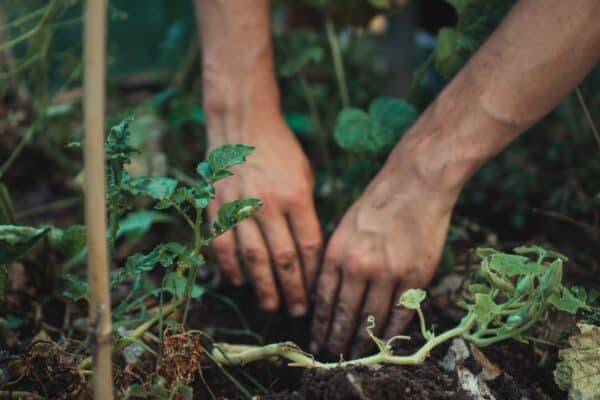When I opened the doors to Time to Shine in October of 2017, my hope and only intention was for our space to be one of genuine connection. One where it was safe to show up real and vulnerable. To lean into all those uncomfortable places that hold us back from shining brighter. That is, living, leading, serving, innovating, contributing from our WHOLE HEARTS.
I could never have imagined then what actually came to be, or where we’d end up. In 2017, I had only just journeyed through some dark times. Not only had I lost family members through death and abandonment, other people had disappeared when my grief was too much to bear. I found myself in a new city with no real friends or network.
It’s fair to say that I was lonely.
And in my heart was a small but powerful light. A little light that longed for more. Longed for togetherness.
A community.
The opportunity to connect with like-hearted beings on a similar journey of healing, serving, leading in a true authentic way. A space to find our own lights in the midst of darkness. Perhaps even learning what it might be to be lights in the world too.
But the truth is, I was scared.
Because there was a part of me that wasn’t used to community: a part of me that feared the vulnerability the intimacy that comes with authentic relating. A space where we cannot hide.
I was fearful of being seen.
But no matter how apprehensive I felt, and no matter how cheesy it sounded, I kept hearing the words Time to Shine in my inner voice. It wouldn’t let me be.
And then, one day the penny dropped: I wasn’t going to be able to ‘shine’ WITHOUT a community.
And I realised that no-one can shine without others witnessing, loving, seeing, holding, celebrating us.
It’s impossible.
The very notion of shining bright requires community.
Requires emotional intimacy.
They simply go hand in hand. So in the end, even though the thought of starting committing to a community was truly a big deal for me, in the end it felt like I had NO CHOICE.
The thought of not creating a community felt too bleak, too dark, too boring, too lifeless.
In the end, deciding to create community felt like CHOOSING LIFE to me.
And for 4 whole years I hosted and facilitated this community, which grew to 1500 members in the end.
But the only thing was: it was only in the Time to Shine community that I dared fully express my healing gifts, creativity, and feel confident (safe) in my full power as a space holder.
I was not alone – this was a space where many of us felt the same.
We were the misfits, the deep listeners, the highly sensitives, the heart-led business owners, the purpose-driven activists, the healers and medicine women (and men), who mostly felt like outsiders in life ‘out there’. Most of us knew what it was like to not be accepted for who we were in ‘the real world’.
Our deepest longing was belonging.
Yet we knew that the key to deep connection with others was connection, love and acceptance of ourselves first.
We gathered in Time to Shine with the intention to support each other to be with our shadows, heal our wounds, come to know our purpose, message & offerings, and step out to be seen.
Because it’s only when we step out and practise advocating for ourselves and saying yes to who we be in every moment- even where we might receive push back- that authenticity becomes real.
Everything other than that perpetuates our personal & collective story of separation, through contortion, deletion & adaptation.
The thing was, I too needed to step out in order to practise this. And that meant stepping out of the very space I had initiated – but as the facilitator I remained.
At the end of 2021, it was clear what I had to do, and the space was closed down.
We somehow knew that we needed to move on and leave the nest so that we could flap our wings.
It was scary to close down a community I had co-woven over several years, born from a place of deep loneliness and yearning for real connection. Without it, I felt I had lost my safe space.
But I needed to let go and with intention start integrating different parts of myself: the scientist and the medicine woman, the business mentor and the artist, the educator and the nurturer: the mind and the heart, logic and intuition in the ‘world outside’.
Or, one might say: I wanted to be able to be the conductor of these instruments and play them all at once with people who could benefit from the songs that wanted to be expressed.
And that I could only do by practising- practise with people ‘outside’ the safe space of TTS.
The world needs places where we can feel safe and to be held, heal and to practise compassion, kindness and acceptance of ourselves, our life path and others.
But we also need networks of people on a similar path who have our backs when we come to step out and exercise doing and being, living and leading from the whole orchestra inside.
This is when real big shifts can happen. From the inside out. Lighting the path of transformation.
For a whole world.
Do you have a space or network like this in your life? Share with us !
P.S Community is one of the 4 pillars in the Wish Tree self-leadership model








